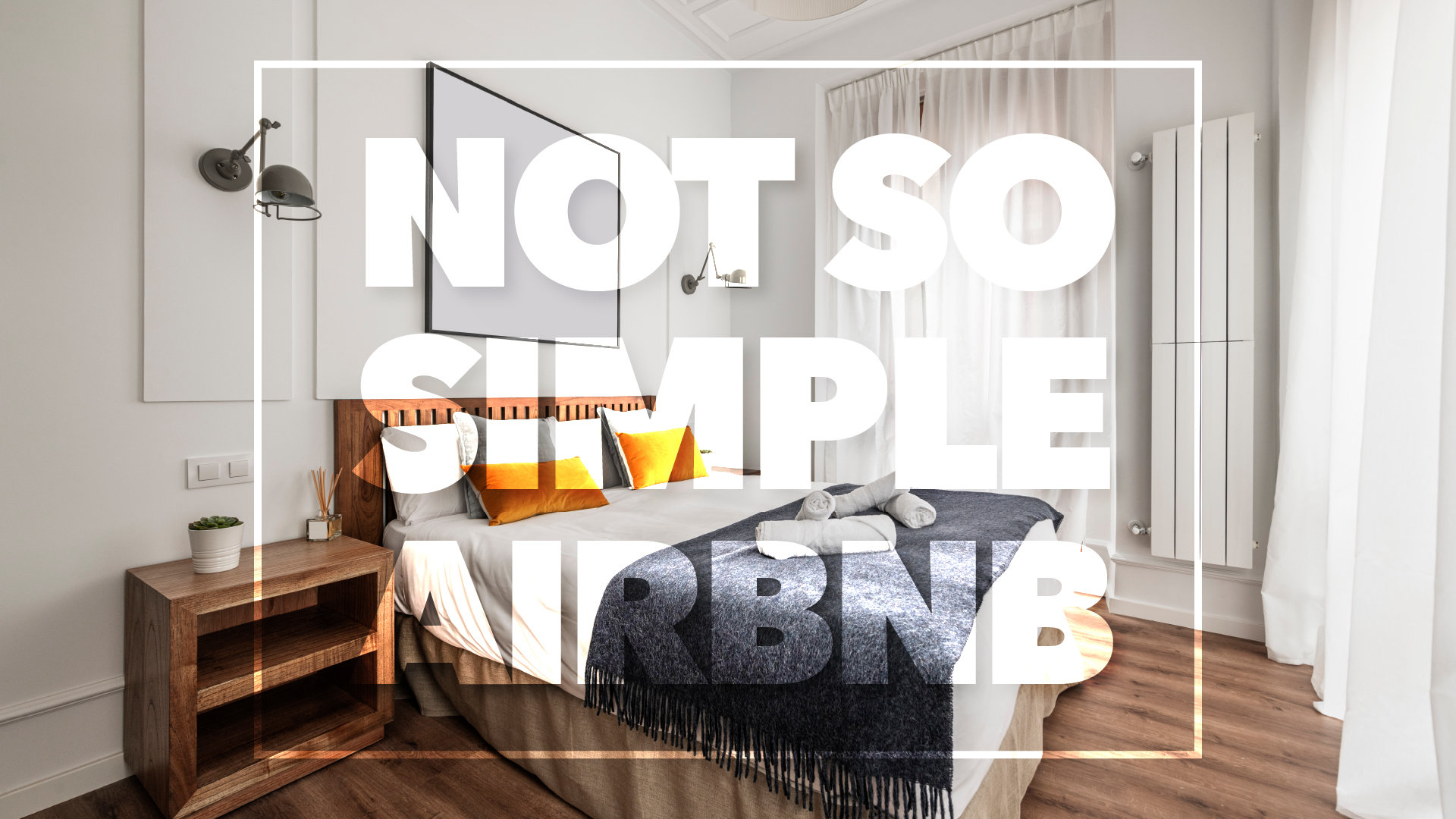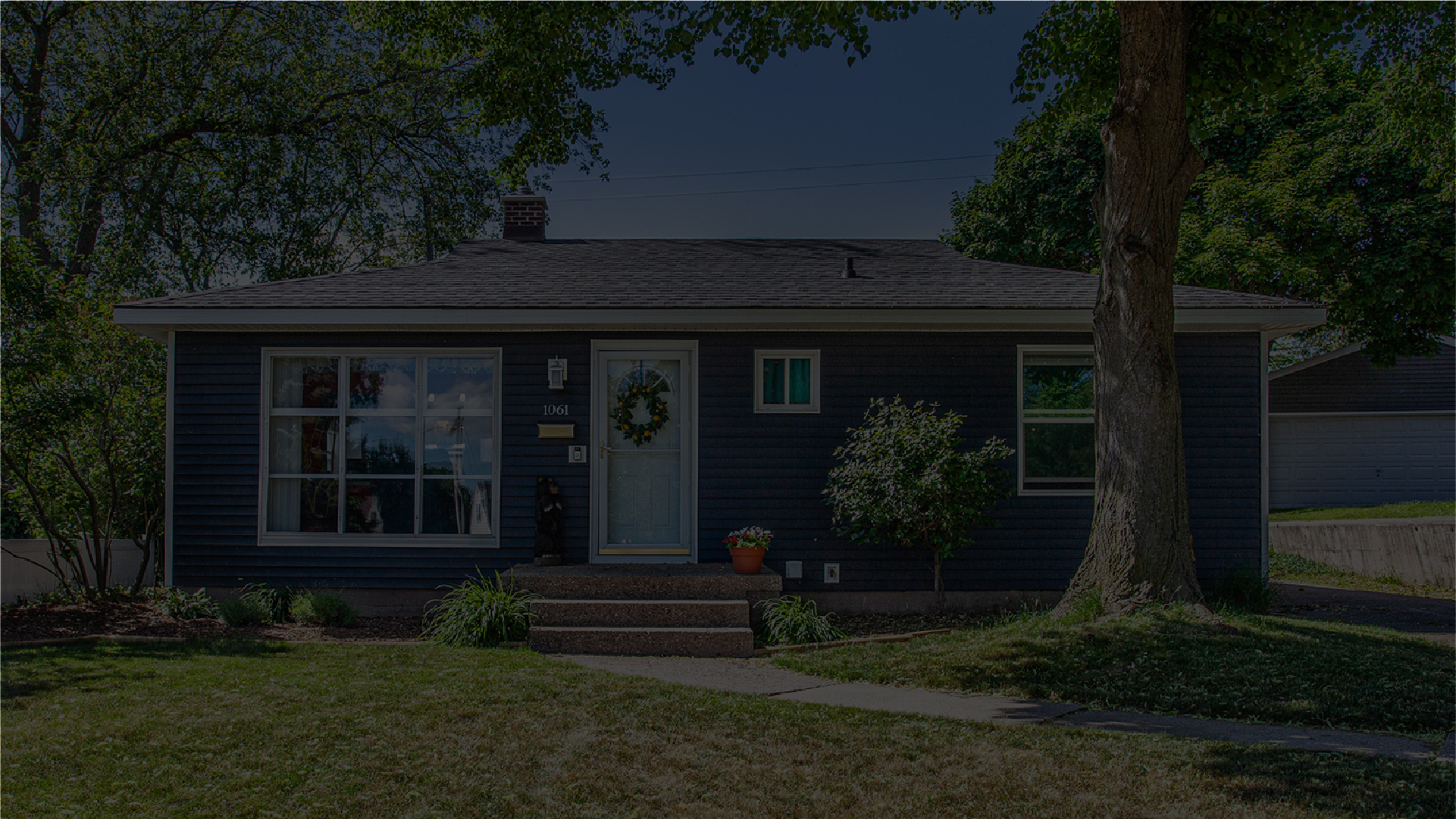
This is a scenario I think we as realtors see often: You stay in an Airbnb in another city and think how easy it must be for those owners and want to try it. So, you scroll through Zillow and see a downtown condo that is cool and updated and surprisingly not as expensive as you thought. Next you run the numbers (Purchase price of $425,000 with 30% down plus taxes, insurance and HOA Fees) and the monthly payment is only $3,400. You’d only need to rent out this place for 12 nights at $300 each to cover that, it has to be that easy. Finally, you reach out to your realtor friend to book a showing and this is where the bad news starts to come rolling in.
First dose of bad news, condos have homeowner’s associations, which means they have additional rules and bylaws to govern them, one of those sections of the bylaws is the Use and Occupancy Restrictions which outlines leases. The bylaws can outline and restrict leases or occupancy in many different ways, see below for examples of wording and phrasing commonly found in this section:
- No Unit shall be leased for a period of less than 30 days.
- No more than four (4) persons who are not members of the same family may reside in any Unit without the prior consent of the Association.
- No portion of a Residential Unit may be rented, and no transient tenants may be accommodated therein, provided, that nothing herein shall prevent the rental of sublease of an entire Residential Unit.
- No Co-Owner will lease less than an entire Unit in the Condominium and no tenant will be permitted to occupy except under a lease the initial term of which is at least one year unless specifically approved in writing by the Association.
Just looking at these few examples, best case scenario you could rent out the unit for 30 days at a time if allowed. Maybe you think forget the condo idea, and you’ll just buy a single-family house and use that for Airbnb. Now here comes the second dose of bad news, if you’re looking at doing this in the city of Grand Rapids, a Home Occupation Class C license is needed for any home-based business that involves overnight lodging accommodations such as a Bed and Breakfast, Rooming and boarding houses and any other place where transients are accommodated for sleeping or lodging purposes. This license category requires that the property have a Special Land Use Permit through the Zoning Department. The city of Grand Rapids has decided that these licenses are potentially an accessory use that may have potentially deleterious effects to the neighborhood or community and therefore requires an additional level of administrative review. This is a conditional use intended to allow businesses that involve overnight lodging accommodations. These businesses are required to comply with other codes, i.e., Zoning, Building, Housing, Fire, Sales Tax, Income Tax, Hotel and Motel Tax, and other local or State codes and ordinances for home occupations. The business is personal to the applicant, and is not transferable to any other person, and does not apply to any other business of the applicant.
You might think this is ridiculous, or that you know people that are operating an Airbnb in Grand Rapids right now, and you might be right. From Julia Forrest’s 2022 article Michigan voted to block Airbnb bans but hits roadblock over local control in Bridge Michigan, “Thousands of homes in Michigan are used as short-term rentals, and the number is increasing annually. Heavily affected communities enacted ordinances to set limits on them and in some areas ban them, but the state House approved a bill to outlaw the bans last fall.” As you can see from the licensing and permit required Grand Rapids is one of those cities with limits or bans.
The House Bill that passed (4722) has four main components:
- It would bar local governments from enacting or enforcing ordinances that ban short-term rentals.
- It would place a cap on the total number of short-term rentals to 30 percent of all residential units.
- Local governments could limit an owner or ownership group to two short-term rental properties.
- And local governments could regulate and inspect short-term rental units for noise, advertising, traffic or other disruptive conditions.
Brad Ward, the vice president of public policy and legal affairs for the state’s Realtors, said the slow-moving negotiations are focused on “what tax parity and registration would look like.” The Senate could act on its negotiated version of the bill this fall, he added. “There's still an urgency to pass the bill,” Ward said. “It's an issue that isn't going away.” Ward said the main goals of the legislation were “to define for the first time what a short-term rental is” and shift control over short-term rental regulations to state control. “It doesn't make short-term rentals untouchable,” Ward said. “It refocuses local control through the housing ordinances to police for bad actors (and) to police for bad behavior.” Ward said Michigan’s real estate industry supports the legislation because “it's a property rights issue, it's a real estate issue, home value issue (and) local economic issue.” (Forrest, 2022)
Posted by Ariel Christy on


Leave A Comment